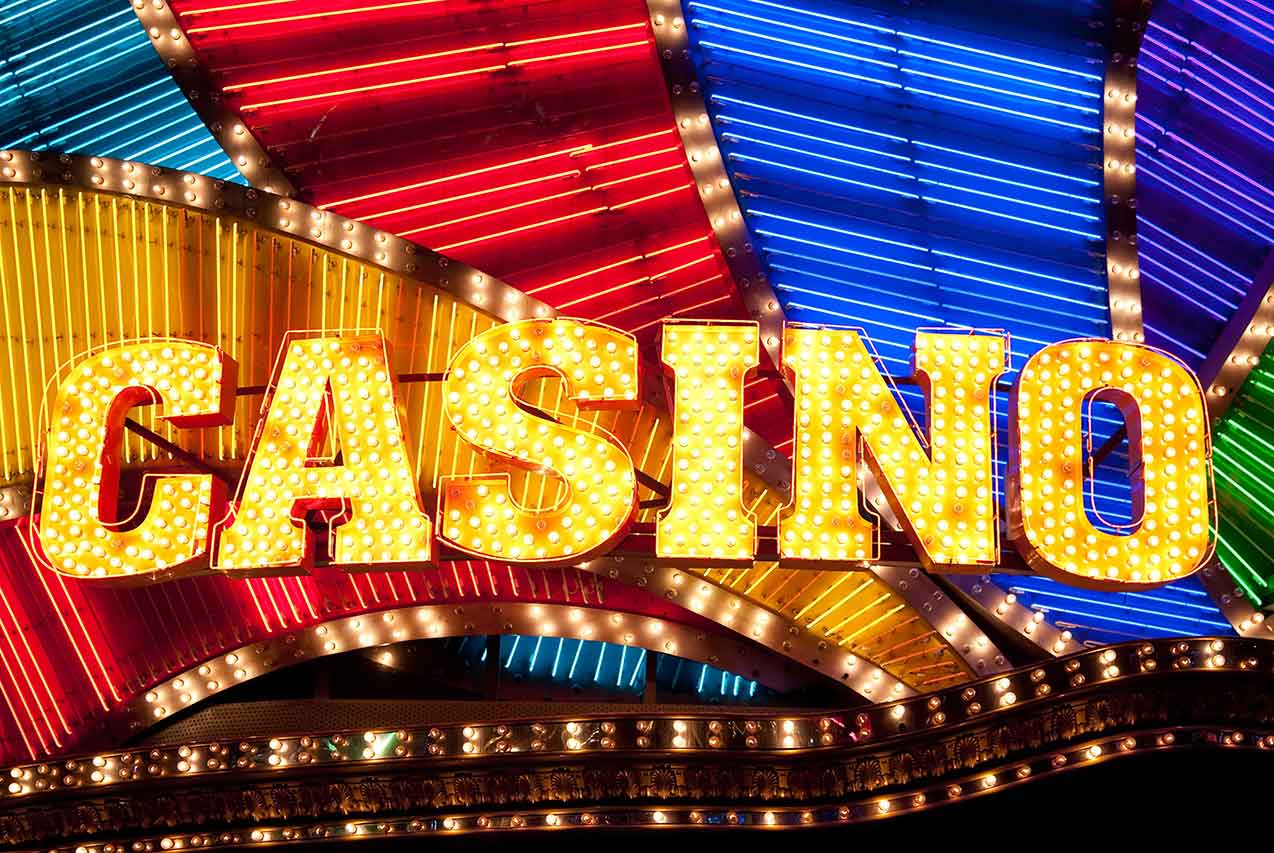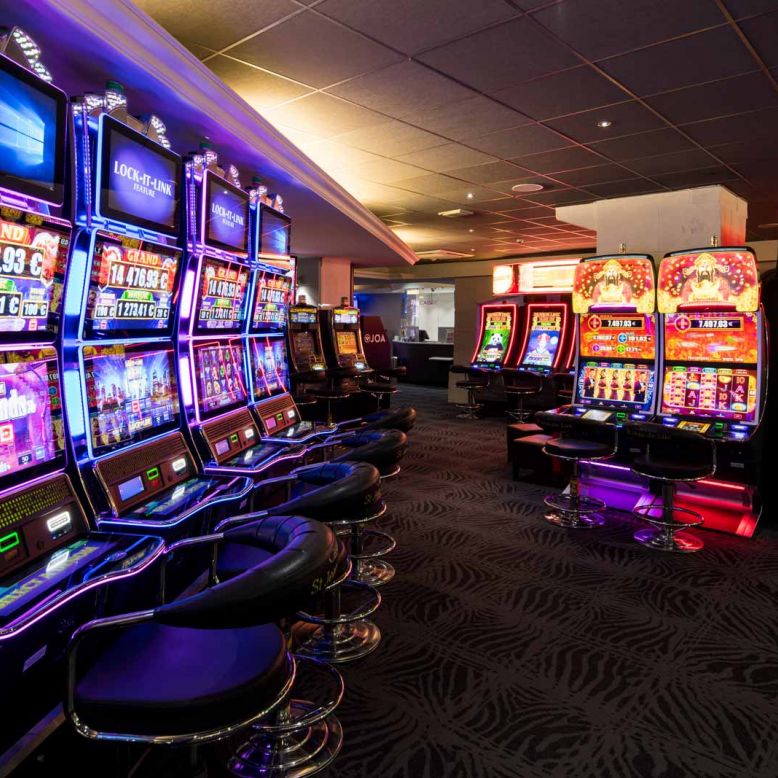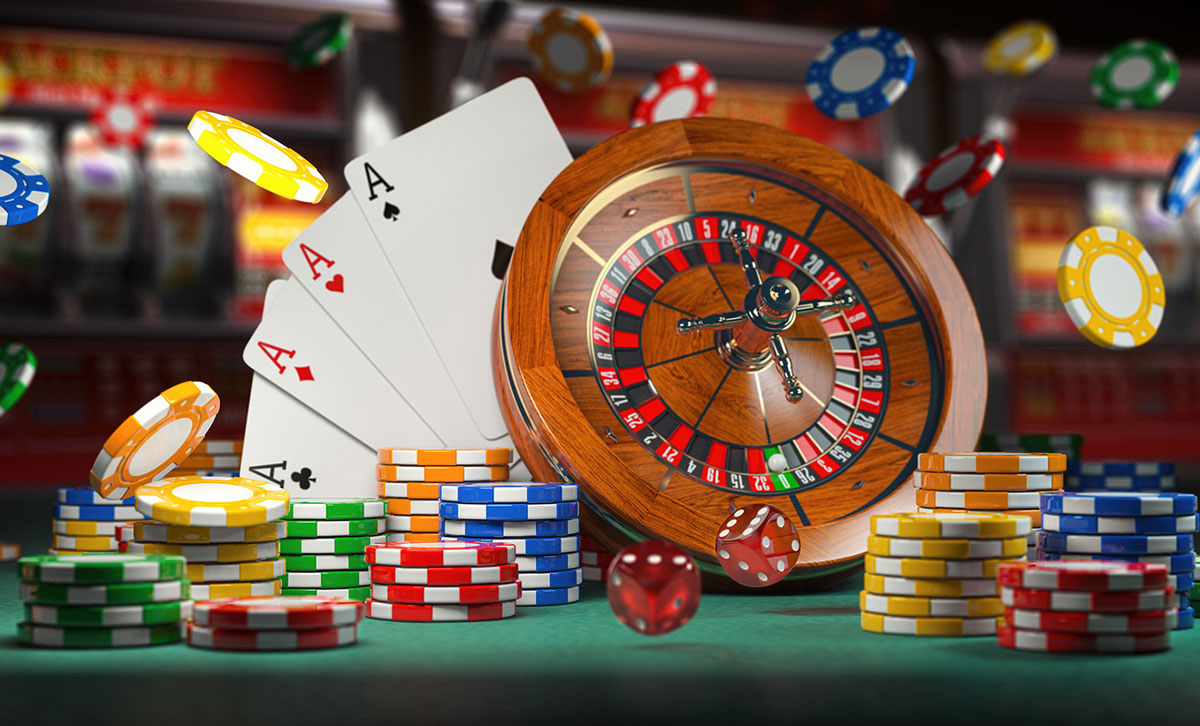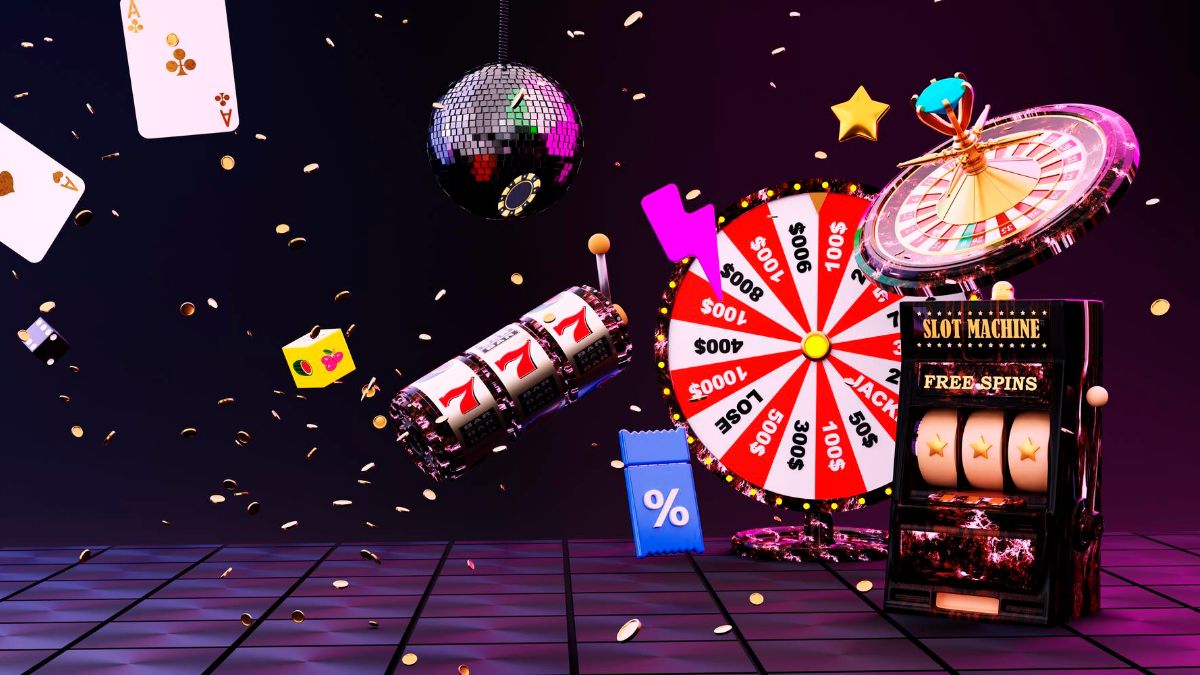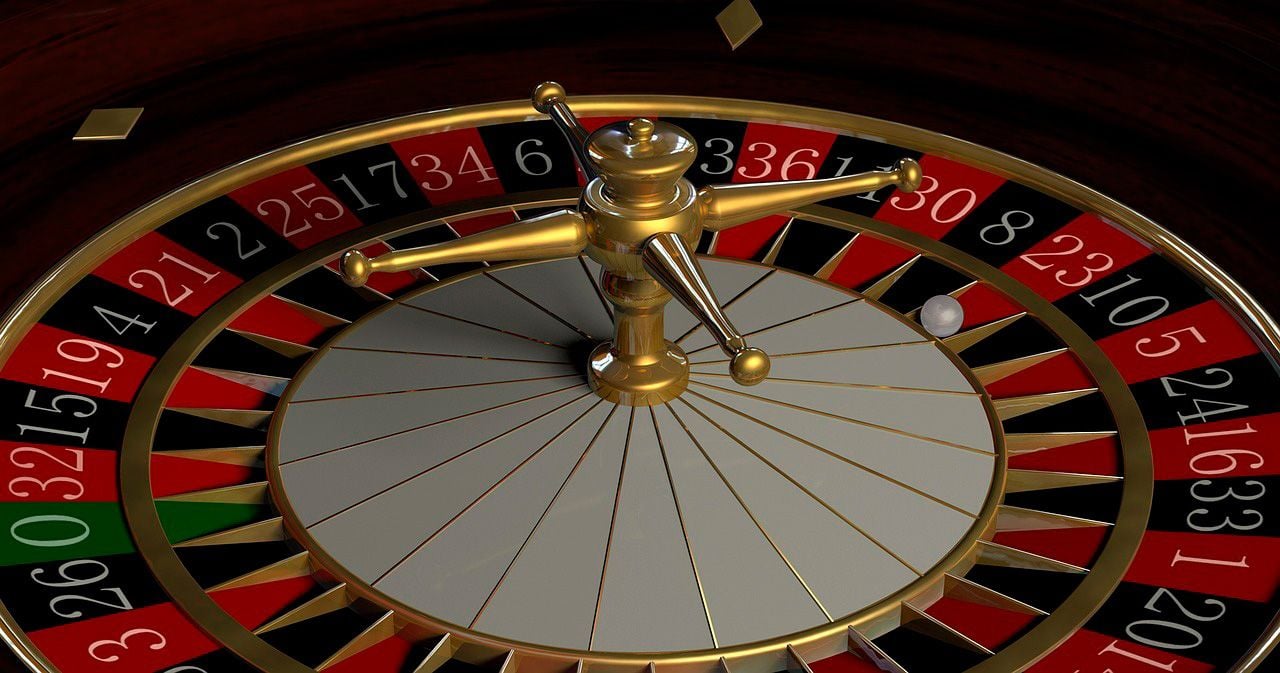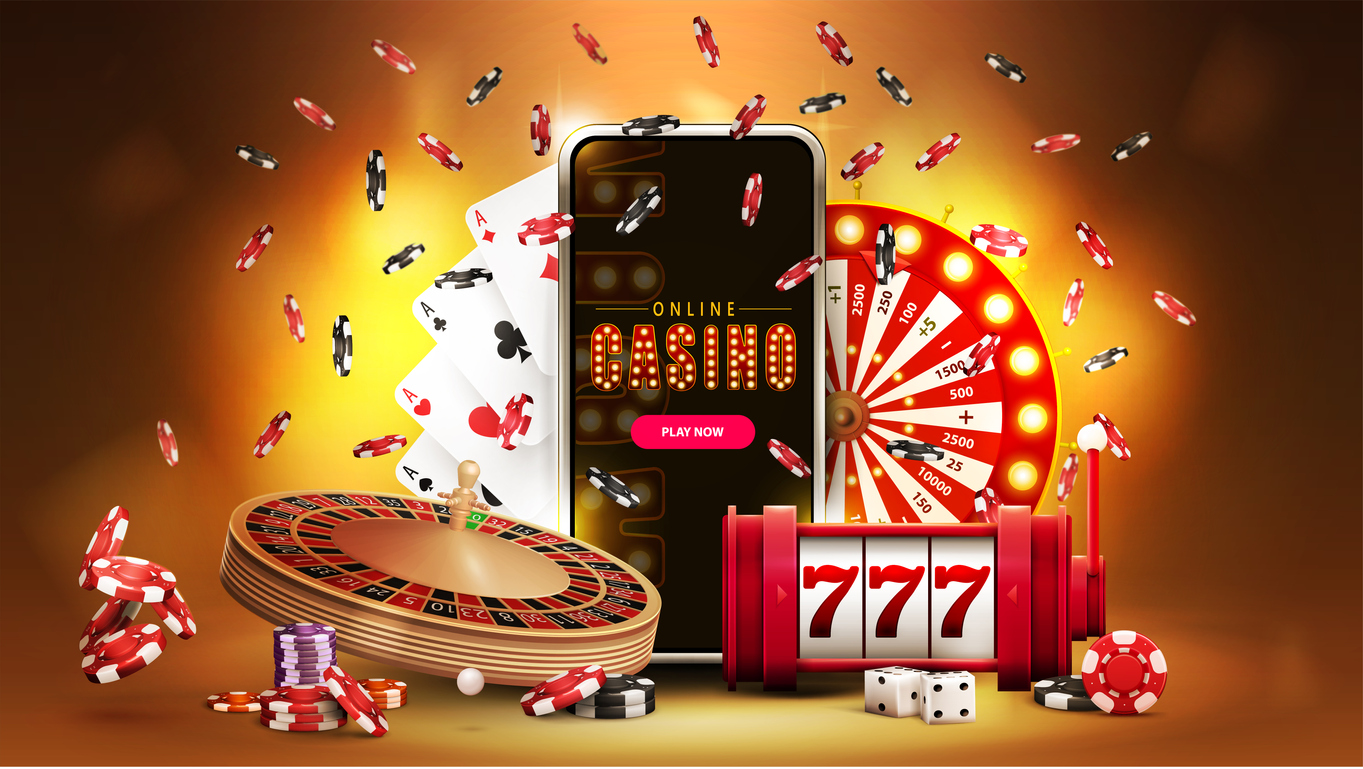
In the colorful world of gambling games, where dazzling lights and the sound of spinning reels create an electric atmosphere, players are drawn in by the double allure of tactics and luck. Casino games have captivated audiences for centuries, mixing the thrill of fortune with the joy of expert play. From the classic games like poker and 21 to the modern marvels of video slots and electronic gaming, each experience offers something unique to every player, regardless of whether they are experienced veterans or curious newcomers.
As you enter this realm, you might wonder what sets these games from one another. Some players depend on careful planning and strategic analysis to achieve an edge, while others might leave their fate to the caprices of the dice or the shuffle of the cards. This complex balance between calculated moves and random outcomes is what makes casino games so fascinating. As we explore this dynamic world, we will reveal the different types of games available, the strategies used by clever players, and the role that luck plays in shaping the outcome of each thrilling moment.
Types of Casino Games
Gambling activities come in various formats, providing a wide range of entertainment for players. The most recognized types include table activities, slot machines, and poker. Card games like 21, the wheel, and baccarat offer participants a combination of strategy and chance, creating exciting atmospheres in casinos. These activities often have specific rules and strategies that can affect the results, attracting those who enjoy tactical play.
Slot slots, on the contrary hand, are known for their ease of play and the excitement of possible prizes. They come in numerous styles and formats, from traditional three-reel machines to modern video slots with intricate graphics and functions. The primary attraction of slot machines lies in their ease of use; gamblers simply spin the reels and wish for a successful combination, making them a favorite among casual players.
Poker represents a distinct category within the casino game landscape. free spins no deposit In contrast to games like slots or 21, poker is primarily a skill-oriented game involving tactics, mental skills, and analyzing rivals. Versions such as Texas Hold ’em and Omaha High have gained significant popularity, with tournaments attracting participants from all around the world. This blend of luck and skill makes poker unique, creating a competitive atmosphere where gamblers can showcase their talents.
Approaches for Success
Regarding casino games, utilizing a strong strategy can make all the impact in improving your odds of success. One basic approach is to grasp the rules and probabilities associated with each game. For instance, in games like blackjack, recognizing when to hit or stand based on statistical calculations can considerably improve your game’s result. Furthermore, acquainting yourself with house edges helps you opt for games that offer the most favorable conditions for players.
An additional successful strategy is to oversee your bankroll sensibly. Creating a budget before you start playing is vital to prevent chasing losses or overextending your finances. Split your bankroll into allocated amounts for different sessions and stick to these limits. This self-control not only prolongs your playtime, providing more chances at a win but also minimizes the emotional strain that can lead to bad decision-making under pressure.
Finally, take advantage of bonuses and promotions that casinos present. Numerous casinos give rewards programs that can provide you with extra benefit for your play. These bonuses often include complimentary spins, cashback options, or deposit matches. Using these offers can increase your bankroll, providing you with additional opportunities to play and potentially succeed without risking your personal money. By combining knowledge of game strategies, effective bankroll management, and the savvy use of casino promotions, players can navigate the world of casino games with a higher opportunity of succeeding.
Luck’s Importance
Fortune plays a critical role in the realm of gambling, often determining the outcome of every game or hand. Unlike strategy-based games where skill can greatly increase a player’s odds of winning, numerous casino games rely heavily on luck. For instance, in games such as slot machines and roulette, the outcomes are totally random, leaving players at the mercy of fortune. This aspect of unpredictability adds thrill and anticipation to the gaming atmosphere, as players never know when fortune may strike.
Additionally, fortune impacts player mindset significantly. Gamblers often pursue their deficits or ride successful runs, fueled by the notion that fortune can change at any time. This mindset can lead to both exhilarating highs and devastating lows. While some may employ strategies to maximize their chances, it is the element of luck that keeps players returning, hoping for that fortuitous moment when everything aligns.
Ultimately, while skill and tactics can enhance the overall gaming experience, luck remains the driving factor in casino games. It is this blend of chance and risk-taking that creates a compelling environment, allowing players to engage in a thrilling dance between fate and their own decision-making. In the end, each spin, roll, or draw brings with it the possibility for both triumph and loss, reminding us that luck is always a key player in the casino.
